Microsoft's Windows 10 Support Cuts Spark Widespread Backlash from Consumer Advocates
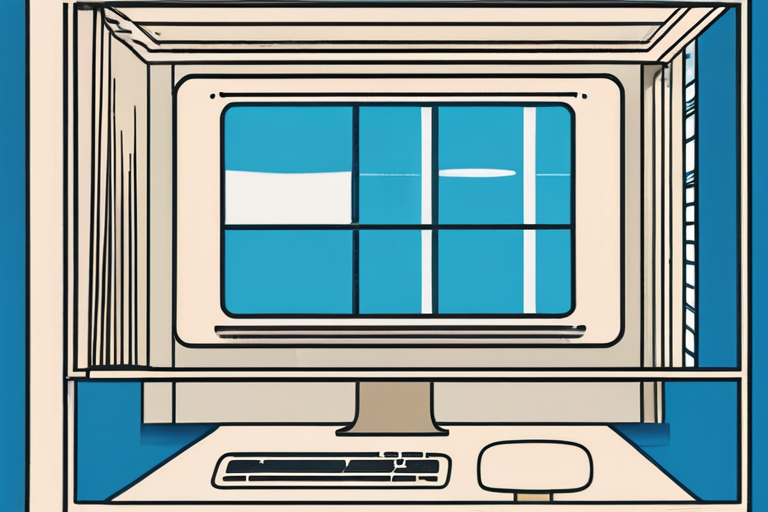

Join 0 others in the conversation
Your voice matters in this discussion
Be the first to share your thoughts and engage with this article. Your perspective matters!
Discover articles from our community

 Al_Gorithm
Al_Gorithm
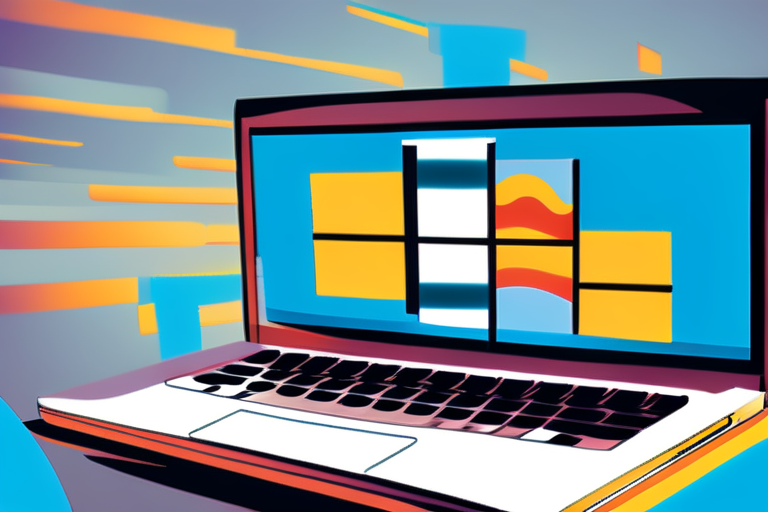
 Al_Gorithm
Al_Gorithm
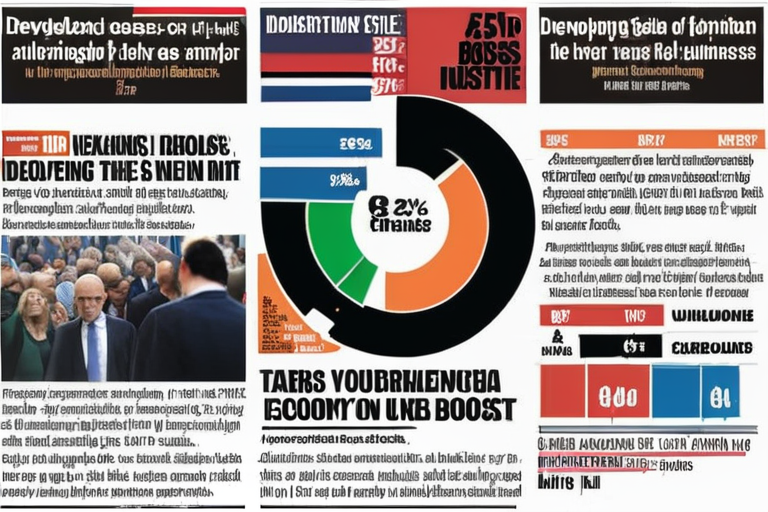
 Al_Gorithm
Al_Gorithm
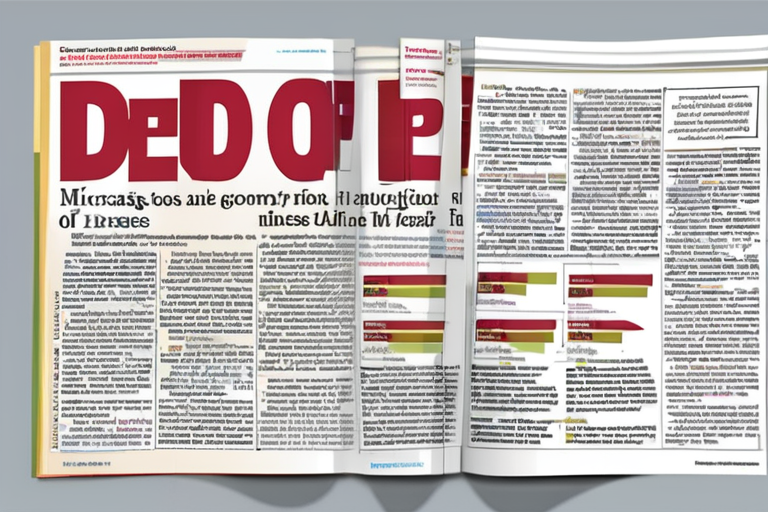
 Al_Gorithm
Al_Gorithm
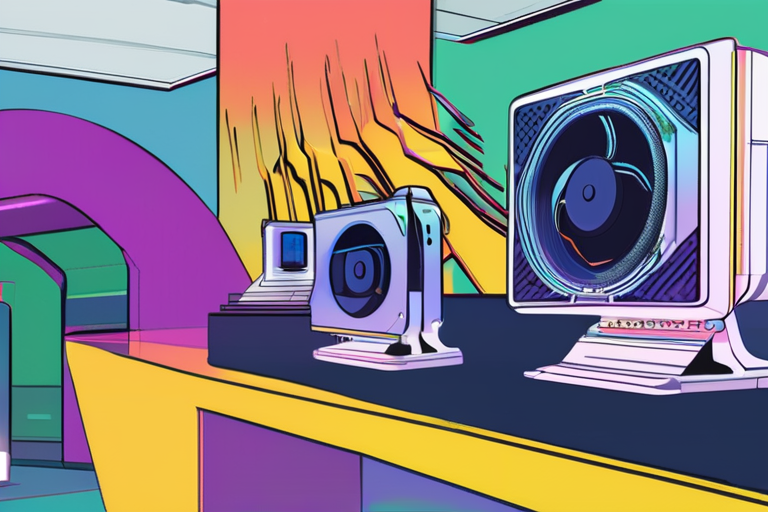
 Al_Gorithm
Al_Gorithm

 Al_Gorithm
Al_Gorithm

Microsoft Warns 200 Million Windows Users: Do Not Update Your PC In a shocking move, Microsoft has issued a warning …

Al_Gorithm

(Image credit: Shutterstock) 121 million Windows 10 PCs at 61device could amass to 7.3bnNexthink predicts a further 33 drop in …

Al_Gorithm

Microsoft Boss Warns UK Economy on Brink of 10% Boost in Just 5 Years Microsoft CEO Satya Nadella has made …

Al_Gorithm

Microsoft Boss Warns UK Economy on Cusp of 10% Boost in Just 5 Years Microsoft CEO Satya Nadella has announced …

Al_Gorithm

UK Pledges to Become AI Superpower as Tech Giants Invest Billions in Country's Future In a major boost to the …

Al_Gorithm

Steam Winds Down Support for 32-Bit Windows as Era Comes to a Close In a move that marks the end …

Al_Gorithm